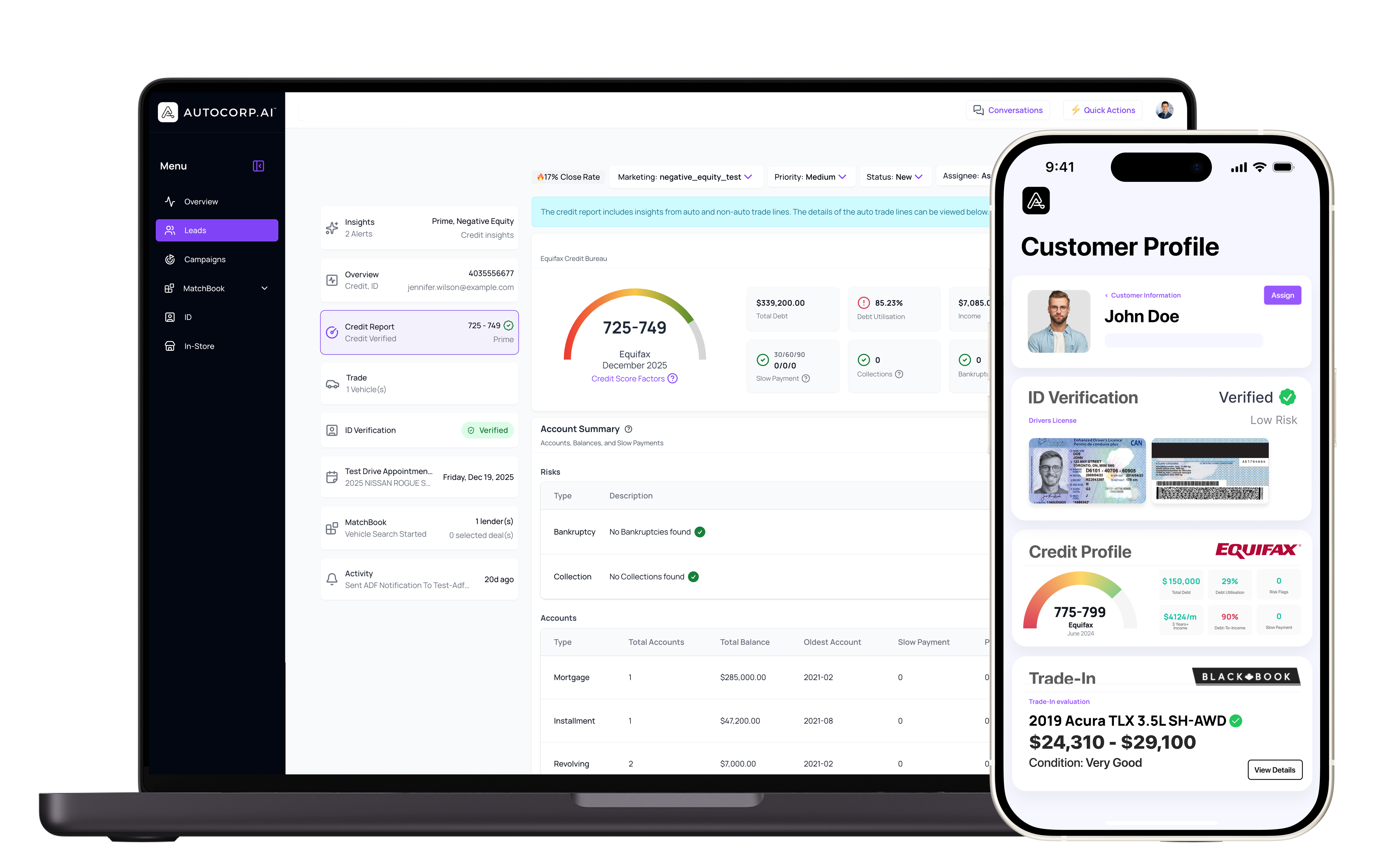.png)
A cargo ship transporting vehicles, including electric and hybrid models, caught fire in the Pacific Ocean, leading to the evacuation of its crew and raising concerns about the challenges of shipping electric vehicles (EVs) by sea.
The vessel, Morning Midas, was en route from Yantai, China, to Lazaro Cardenas, Mexico, carrying approximately 3,048 vehicles—70 fully electric and 681 hybrid models. On June 3, 2025, about 300 miles southwest of Adak Island, Alaska, a fire broke out on the deck housing EVs. Despite efforts using the ship's CO₂ fire suppression system, the blaze persisted, leading all 22 crew members to evacuate safely via lifeboat. They were rescued by the nearby merchant vessel Cosco Hellas.
Fires involving lithium-ion batteries, commonly used in EVs, are particularly challenging to extinguish due to the risk of thermal runaway and reignition. Traditional suppression methods, like CO₂ systems, may be insufficient for such fires, especially at sea where water-based firefighting is complicated.
The Morning Midas incident underscores the need for enhanced safety protocols in transporting EVs. The ship remains adrift, carrying significant amounts of fuel, posing potential environmental risks. This event adds to a series of maritime incidents involving EVs, prompting industry stakeholders to reassess safety measures and emergency response strategies.
As the automotive industry continues to shift toward electrification, ensuring the safe and secure transport of EVs is paramount. Collaborative efforts between manufacturers, shipping companies, and regulatory bodies will be essential in developing and implementing effective safety standards for the maritime transport of electric vehicles.
